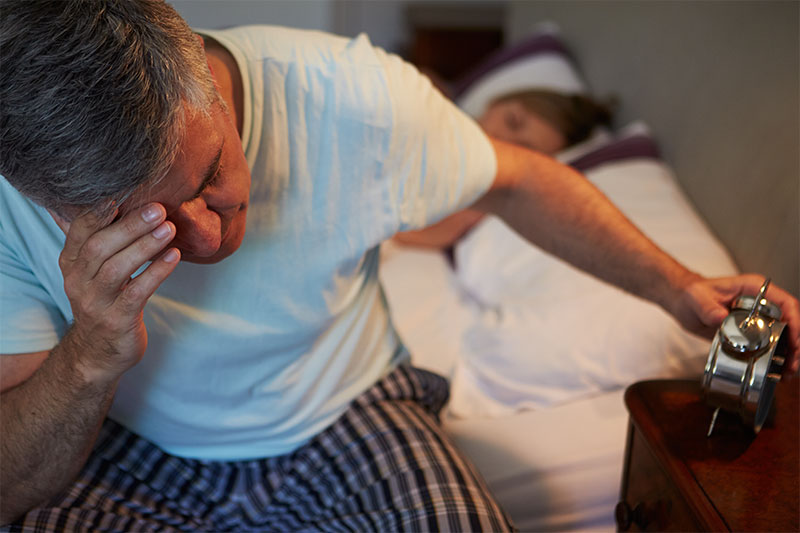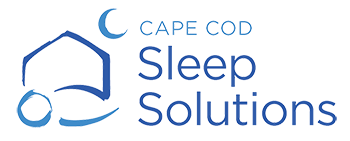
I Wake Up Tired…
What is sleep apnea? How does it disrupt my sleep?
Sleep apnea is a condition in which soft tissue at the back of the throat blocks the airway opening when the patient is in a reclined position to sleep. When a patient has excess tissue at the back of the throat, such as obese people, there is an increased risk of such blockages. When the airway opening is obstructed, the patient stops breathing, although for just a short time. The brain is alerted, and the patient wakes briefly to re-establish the regular breathing pattern. The patient may not even be aware this is happening, but sleep is interrupted nonetheless. As a result, the patient doesn’t get enough rest and still feels fatigued when waking up, even if it seems like they’ve slept an entire eight hours.


This ongoing fatigue can be detrimental in a variety of ways. Your mood and attentiveness may be impacted, and you may even face safety risks during activities like driving. You may also be tempted to eat unhealthy food as a result of this fatigue.
Does sleep apnea affect my health in other ways?
During the times when you stop breathing, you aren’t taking in enough oxygen. This can cause inflammation to develop in your body, and inflammation is related to a variety of health problems. Specifically, untreated sleep apnea can lead to conditions like high blood pressure, heart disease, obesity, depression and stroke, along with other issues. Therefore, patients who show signs of this condition should seek treatment promptly to avoid these consequences.
How can sleep apnea treatment help me get better rest?
Patients who frequently still feel tired after waking up in the morning should undergo a sleep apnea evaluation and explore their treatment options. Many patients will benefit from a conservative approach, such as oral appliance therapy, in which a patient wears a device similar to a mouthguard while asleep. The appliance holds the tongue or jaw forward to reduce the likelihood of airway obstruction. Oral appliance therapy is comfortable, so patients are more likely to wear the devices as directed, unlike CPAP devices, which are associated with high rates of noncompliance.
Contact our office to schedule an evaluation that could result in relief from your sleep apnea symptoms and help you get better sleep.

